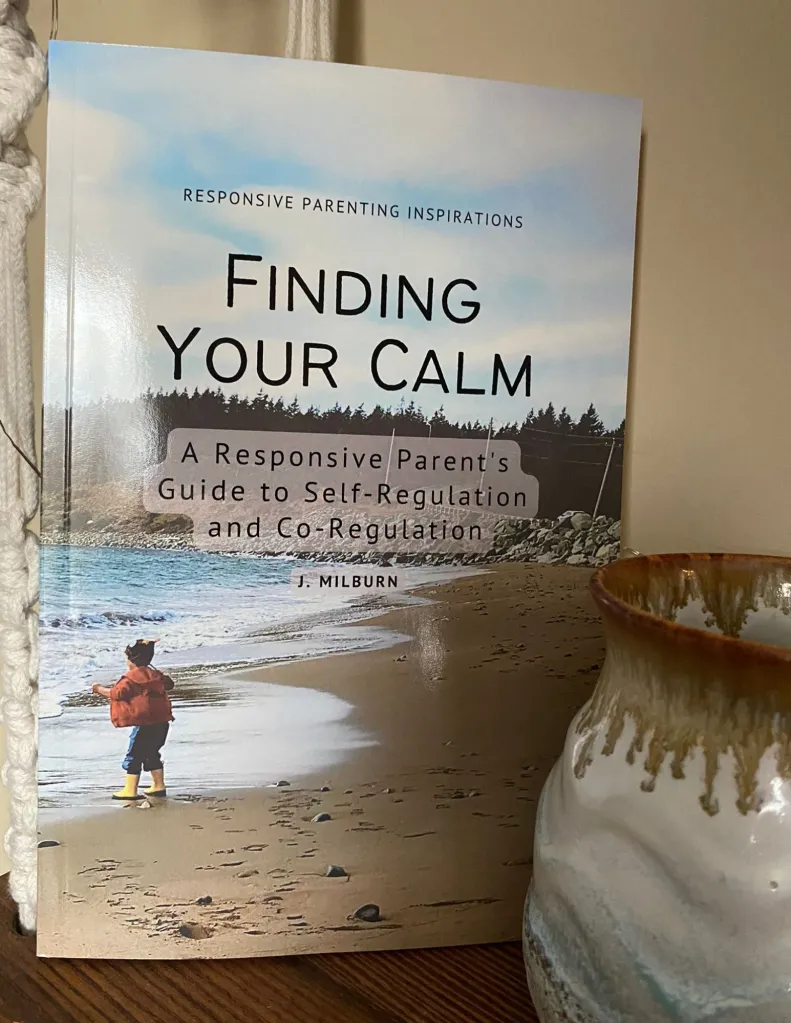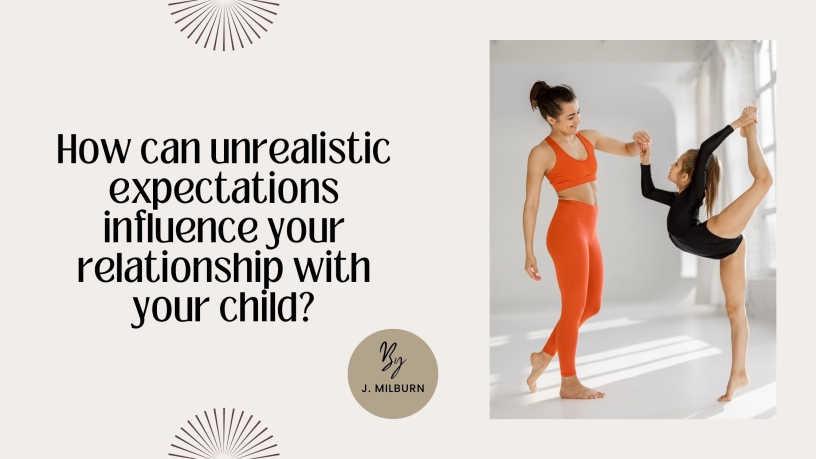I was recently asked “what unrealistic expectations can harm children?” Sadly my answer is most. Many expectations for our children are rooted in an unfulfilled personal need, not in a desire to fulfill our children’s personal goals. It seems to be a misconception that high expectations are necessary for motivating a child to be successful. Herein lies some of the problem, we are getting confused between expectations and believing in your child. It is important to show your child you believe in them but that looks very different from having high expectations. Believing in your child may sound like “she’s such a good writer, I can’t wait to read what she writes next. She may make a career of it someday.” An expectation sounds more like this “I expect my child to put effort into their writing. I know they are capable of writing at a much higher level than they currently are. I expect them to try harder as I know they could make a career of it, if they just tried harder.” More important than anything is that we encourage children to believe in themselves. Intrinsic motivation is much more powerful and fulfilling; “you seem to really enjoy writing. It’s a good feeling to know you’re good at something.” So what common expectations can make your child feel more judged, than motivated? There are some themes that we can try to look out for. Asking yourself, “why do I want this for my child?” is a great starting point.
Lack of knowledge about child development often puts unrealistic expectations on behaviour and development, especially self-regulation. This makes it difficult to support your child’s needs if you really don’t understand them. This includes sleeping, eating, toileting, developmental milestones (walking, talking, self-regulation), cognitive abilities, emotional regulation, the list really goes on. If you believe a one-year-old should be able to understand the consequences of throwing their cup and maintain impulse control enough to tell their brain not to do this super cool thing it just discovered, well you are likely setting yourself up for disappointment and frustration. Understanding why they are throwing the cup, how little they understand about why you don’t want them to and knowing about their lack of impulse control can help you have realistic expectations and develop a plan that is attainable for both of you; much easier way to parent.
Expectations about making similar life choices, such as expecting them to marry, expecting them to be interested in the opposite sex, expecting them to have children or follow the same religion. These can all be harmful and may create a divide between you and your child. Children are attached to their caregivers, even if it may not always feel this way. Even insecure attachment is attachment. Children need to feel validation and acceptance from their parents as part of the attachment relationship. Even if you are passive aggressively disagreeing with their life choices, it can be almost impossible for a child (even an adult child) to accept the lack of unconditional love from their attachment figure. They may continue to try to gain your acceptance or feel a need to shut you out. If you are struggling with this, start with empathy. Before acceptance, comes empathy. Your child will see you trying and that will most likely have a positive impact on your relationship.
Expectations about success. Expecting your child to do well in school almost certainly sets you both up for failure. Your child will likely never be able to meet your expectations and that pressure can cause mental health issues. Academic pressure has been linked to mental health challenges in adolescence and young adulthood. It’s also been shown that when a child feels pressure to succeed academically, they can sometimes resort to unhealthy strategies. Children may cheat on assignments or tests for fear of disappointing their parents. They can also resort to unhealthy coping strategies to escape from the pressure, or to keep up with it. Stimulant drug use is becoming increasingly common in universities and colleges because students feel overwhelmed by academic pressure. They feel the need to maintain a perfect GPA, so they turn to medication to help them stay up and finish school work. I understand this pressure, as I put very high academic expectations on myself in college, but I was older, so I coped by reducing my stress load outside of school and seeking support. Often people who have just entered college don’t have the emotional life skills to know how to cope with this kind of pressure in a healthy way. It is fine to hold yourself to high standards, but it requires a lot of external support, not pressure, to maintain those standards.
Expectations about social relationships and social standing. Do you expect your child to be popular like you were? If they make friends with kids you would not have hung around with, are you disappointed in them, or happy that they have the confidence to make choices that fit their own unique personality? It is difficult to watch our children make friends that we don’t particularly care for, but, just try to think about how you would have felt. How did you feel when your parents disapproved of a friendship? You likely did not think, “gee, you know my mom is right, Billy is a jerk.” Even if as an adult you can now see that, in fact, Billy was a huge jerk, and not a good influence. Don’t look at it from your adult/parent perspective, with all your reason, logic and life experience. Look at it from your child brain. Empathy is not looking in a window at someone’s life, it is trying to understand what it is like to live their life, with their brain, their reason, and their life experience.
Expectations about similar interests can be cause for a lot of family outings gone wrong. I think many parents envision their children playing the same sports as them, enjoying the same leisure activities, having a similar sense of humour. I have actually yet to meet the parent-child combo that were that much alike. Even children who are similar to one of their parents, tend to be different in some significant ways. If your child plays the same sport you did, they often will play a different position, and then that child who has similar interests, may be quite different in temperament or social standing. It’s really quite silly to expect our children to be like us. Did you want to be like your parents? It’s wonderful to have something to share together, but make sure it is something you are both interested in, and not just something you want them to be interested in. This is crucial to creating a bonding experience for everyone.
Expecting your child to provide you with the love and support you were lacking as a child can be a recipe for insecure attachment. It is concerning when a parent-to-be says they want to have a baby so they’ll have someone to love them forever. It is wonderful to receive the love of a child, There really is nothing like it, because it is so unconditional and pure, but we need to focus on giving love. Children will naturally attach so we don’t need to worry about them loving us. They love us even when they hate us, it is a matter of survival for them. We need to have confidence in that bond and recognize that the best way to encourage your child to love you forever, is to give them unconditional love and acceptance. This is not just something we feel inside, it is intentional and it requires more than just thoughts and feelings. It requires action, regular and consistent action, that demonstrates your unconditional love and acceptance of your child. Often people will say “of course I love him, he’s my child.” It is not enough for you to know that you love him. He needs to know it too. The expectation should not be on the child to meet the parents need for love, rather the expectation is on the parents to meet the needs of the child, emotional and otherwise.
Looking for Responsive Parenting workshops? Click here
Would you like to become a Member of our Responsive Parenting Community on Patreon? Click here to get access to all the workshop sessions and resources including access to a private Facebook group.

